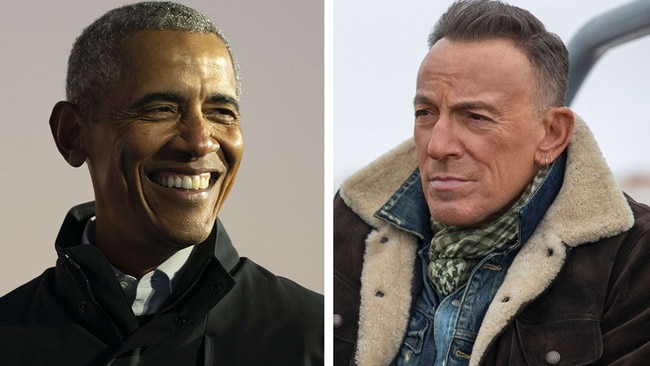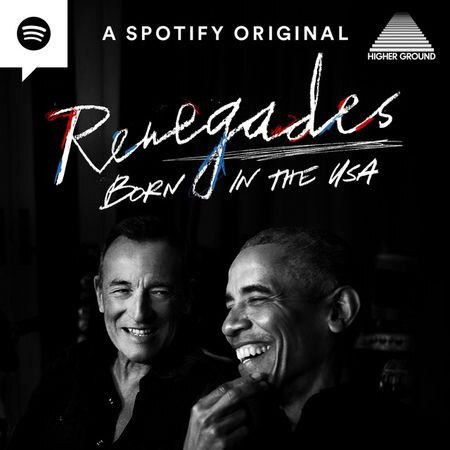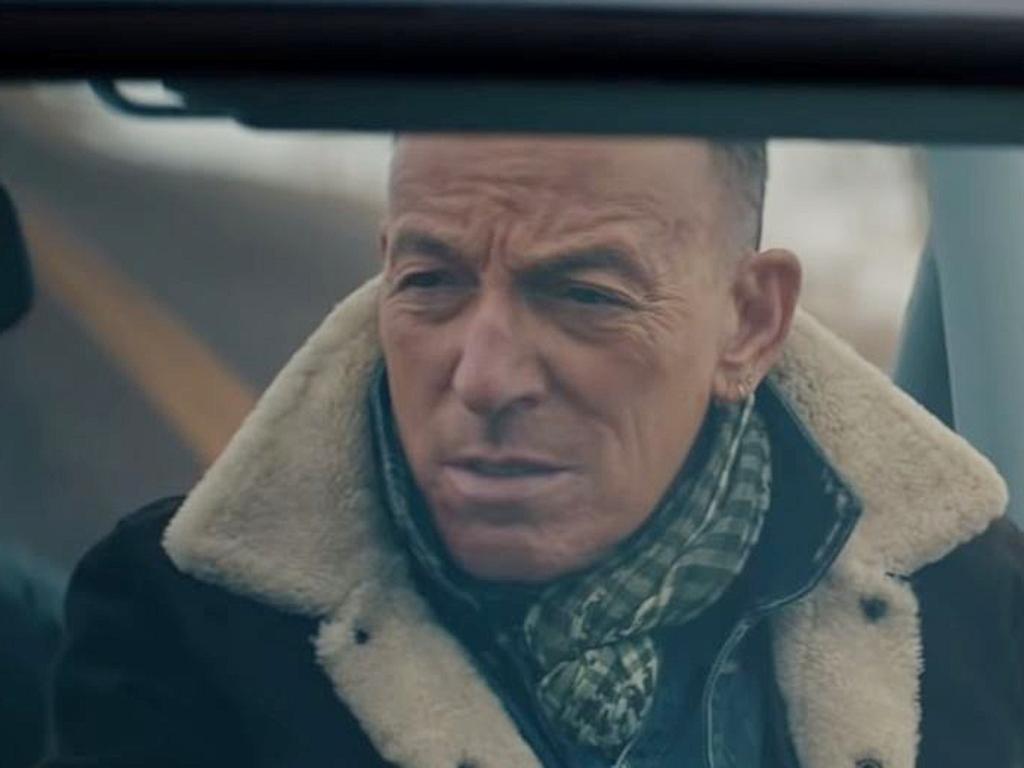
He may have been Born to Run but Bruce Springsteen got to walk this week. The Boss pleaded guilty in a virtual New Jersey hearing to one count of drinking alcohol in a prohibited area late last year. Police charges that he’d been operating a vehicle while intoxicated were dismissed, however, after prosecutors acknowledged they couldn’t prove them.
Springsteen was fined $500 and allowed to go free. In showing the 71-year-old rocker leniency, the judge noted that he had a squeaky-clean driving record over nearly half a century in the state.
“I have in front of me the driver’s abstract of this defendant, going all the way back to 1973,” said Judge Anthony Mautone. “There’s three violations in the whole abstract. In fact, two of them aren’t even violations and the third one is use of a handheld cell device. Rarely would you see a driver’s abstract so devoid of any entries as I see before me, Mr Springsteen.”
It was exoneration but of a strange sort for the one-time E Street Band frontman. Here was a rock’n’roll rebel who’d made a name for himself singing about lawless adventures along Thunder Road, at the helm of “suicide machines”, “chrome-wheeled, fuel-injected and steppin’ out over the line”.
And it turns out all his life he’s been driving like a bespectacled Sunday school teacher with a carload of geriatric patients on day release.
It wasn’t the only slightly disappointing evidence of how The Boss’s carefully woven narratives of working-class ennui in a brutally unequal and oppressive America might be a little at odds with his modern reality.

This week he launched a podcast with Barack Obama in which the two great men express shared empathy, muse about the fallen state of the nation and offer their fervent hopes for its resurrection. A video shows the two of them relaxing in a recording studio at Springsteen’s sprawling mansion, the former president presumably having just dropped in from one of his own residences on Martha’s Vineyard or Manhattan, in between supervising shows under the auspices of his multimillion-dollar Netflix contract.
The podcast is, without irony, titled Renegades but these two are about as renegade as the top two finishers in a bowls tournament at a retirement community.
When did art get so establishment? How did we reach an age when the genres of creative enterprise, music, novel-writing, film and TV production, feature mostly themes so completely in line with the consensus nostrums of the ruling classes?
It’s not just septuagenarian singers. Their gentle mellowing as the fruits of the capitalism they once denounced pile up is a long-familiar spectacle. It’s just about every writer, comedian, musician, playwright, movie director, young and old, motivated to share their artistic urges with the world.
The Middle. pic.twitter.com/dbsgWV35i0
— Bruce Springsteen (@springsteen) February 8, 2021
The arc of Springsteen’s art is a useful metaphor for the condition. These people used to be the voices of the voiceless, exploring edgy topics, expressing truths that dare not be spoken. Now their declarations of artistic independence are almost indistinguishable from the outpourings of the corporate communications department of any Fortune 500 company, or the spring- term lecture list at one of our ancient universities.
The songs, films and novels they produce move in perfect alignment with the received nostrums of the age: the perils of climate change; the evils of white privilege; the right to free movement across a borderless world; the championing of a gender-free age; celebrating the beauty of a completely integrated global economy.
They used to channel and articulate the frustrations and resentments of those left behind by society – the despised and derided. Now it’s our creative types who do most of the despising and deriding.
The butt of any comedian’s jokes are the Neanderthal Trump voters who live in trailers in godforsaken towns in the Midwest. The villains of new British novels and TV dramas are foul-mouthed Brexit supporters muttering angry imprecations against immigrants and experts.
It’s as though Shelley had written a moving defence of the actions of the law-enforcers at Peterloo, or Bob Dylan’s Masters of War had been a paean to America’s strategic nuclear arsenal.
Now perhaps, to be fair, the reason for this convergence between the artists and their subjects is that the causes for which these creative types have long been advocates have been realised, or at least enthusiastically embraced by those in economic and political power. If they’re singing from the same hymn sheet as the corporate bosses and supranational bureaucrats it’s because even these venal manipulators of the exploited have come to see the virtue in this art.
Perhaps. But surely there must be some iconoclasts out there who think that the adoption of these same causes by the people who already wield power might actually be a convenient way to change the subject? That the embrace of culturally progressive causes, the villainisation of the reactionary working-class folk who earn a fraction of the pay of your average rapper or human resources chief might just be a handy form of misdirection?
The hero of our modern culture was once the kind who wanted to smash things and die before he got old. Now he’s after a nice fat streaming contract and it’s home by nine to record a podcast with a CEO about LGBTQ+ quotas.
When art melds so completely with the prevailing mandates of the age, can it even continue to be considered art?
The Times






